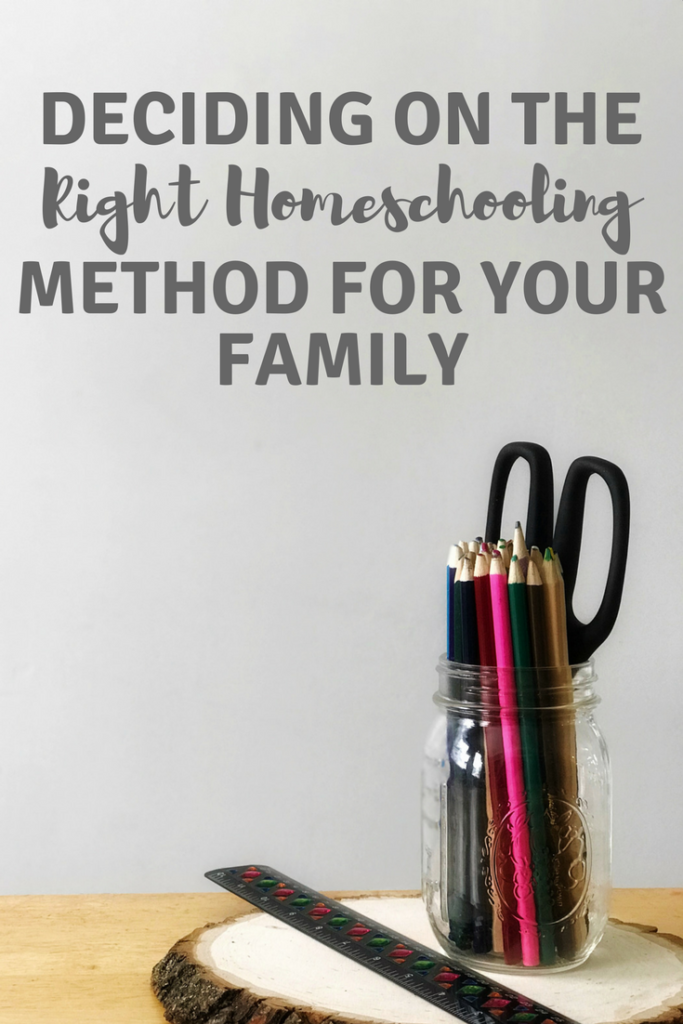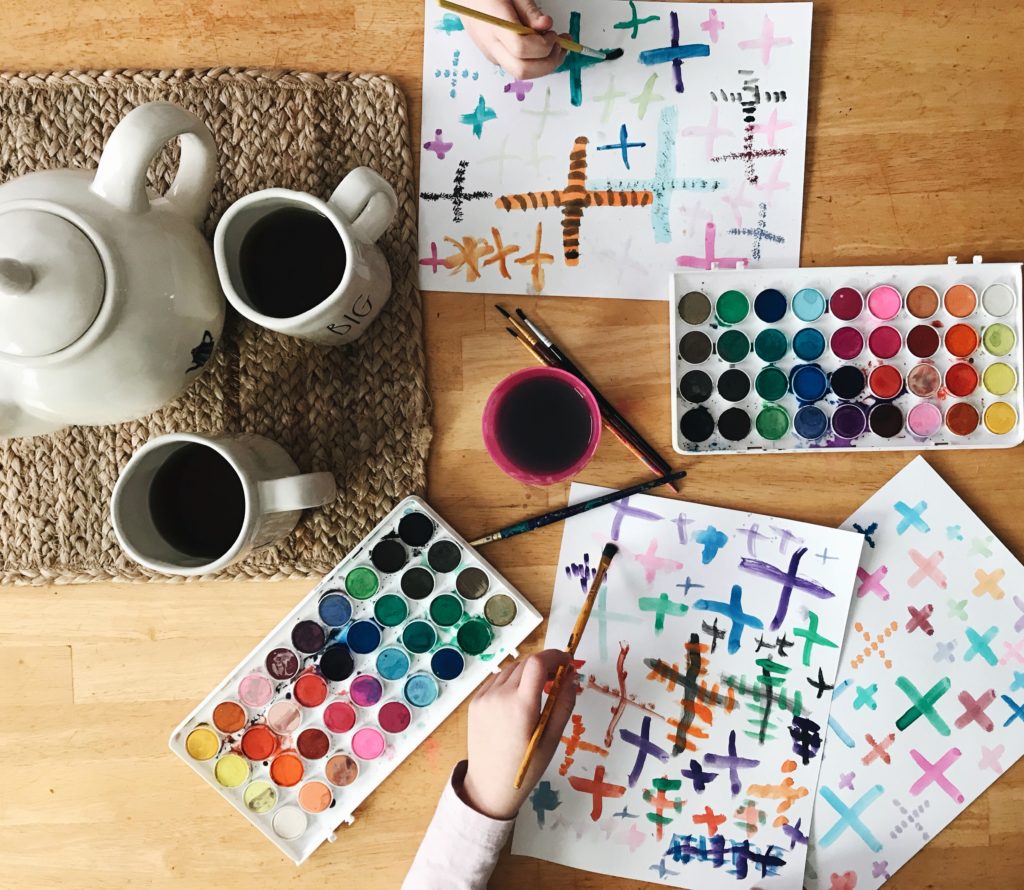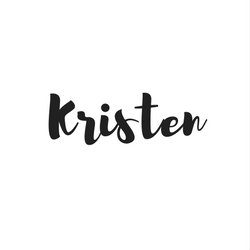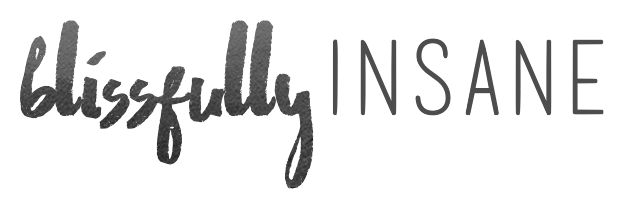With this being our third year of homeschooling you would think I would have my act together. But in all honesty I don’t. Being a homeschooling family consists of a lot of trial and error. It consists of finding what works and what does not. I already explained why we chose to homeschool but I never really explained what method we chose. I actually did not know that there were a number of different styles to homeschool your children. I was just winging it until I stumbled upon a few homeschoolers on Instagram. These homeschoolers sparked my interest to dig deeper into what I wanted out of our homeschooling journey. I wanted to find rhythm and balance between what we learned and what we created. As a family we needed a clear direction of how we wanted to best use our days learning. That is why I think it is so important as a homeschooler to do your research and find a method that works best for your family. I wanted to share five methods of homeschooling that I learned about on my quest to finding what worked best for us.

Five Different Methods of Homeschooling
Classical
This method is based on teaching children in stages, called the trivium.The three stages which are based on children’s cognitive development are concrete, analytical, and abstract thinking.Concrete focuses on absorbing facts and building educational foundations, analytical focuses on becoming more argument-oriented, and abstract thinking focuses on becoming more independent in thinking and communication.Therefore this method is very much language and literature driven.
Traditional
This method is what we as a society are most familiar with. This approach uses textbooks and workbooks to teach each subject. This method generally sticks to pre-set goals, objectives, and standards for the school year. Therefore this method is a very structured way of teaching and follows most of what is seen in schools today.
Unschooling
This method goes along with the interests of the child. There is no set curriculum. So for example, if your child is interested in the planets then you learn everything there is to know about the planets until the child is satisfied. Then you move on to the next thing that peaks the child’s interest.
Unit studies
This method takes one theme and uses it across all school subjects. So for example if you are studying Native Americans, you would read both non-fiction and historical fiction books about Native Americans, assign spelling words or have a writing assignment about a specific area, review maps, discuss geographical areas of agricultural and hunting practices, dying colors or footprint tracking, and finish the unit with a craft. The idea is to completely immerse the child in a particular subject. The unit study method is usually a favorite among large families because each study can be modified to fit each child’s needs.
Charlotte Mason
The Charlotte Mason method is centered around the belief that a child is a person and should be taught as a whole person. Charlotte introduced a three-part idea that “Education is an Atmosphere, a Discipline, and a Life”. Atmosphere being a child’s home environment, Discipline is good habits, and Life is living thoughts and ideas not just dry facts. Children are encouraged to play, create, and experience real life situations. This can include going on a nature walk, visiting a museum, and learn subjects from “living books”. Living books are books that are written in the narrative form by an author that is passionate about the topic. These books make the subject come alive! Each lesson is short to ensure that the child maintains focus. A child learns through discussion and not through test taking.

I took a lot of time researching and contemplating which method would work best with my family. I found that the right one for our family was the Charlotte Mason method. Up until this point we have been doing the traditional way of homeschooling. So it has been a little bit of an adjustment for the girls. They enjoy doing workbooks so I still have some for phonics and math. But other than that we are really taking strides in reading more and learning through discussion. We have always been a fan of reading together and this method lets us continue what we love to do. We find books that coincide with what we are learning and then spend the morning discussing what we learned. I am looking forward to sharing more of our journey in the Charlotte Mason approach and answer any questions anyone has about it!
So the best possible advice I could give as a homeschooler is to research and find what method works best for your family. Cause the moment you find direction, it feels as though everything else falls into place!







Comments For: "Deciding on the Right Homeschooling Method for your Family"
There are no comments yet. Be the first!